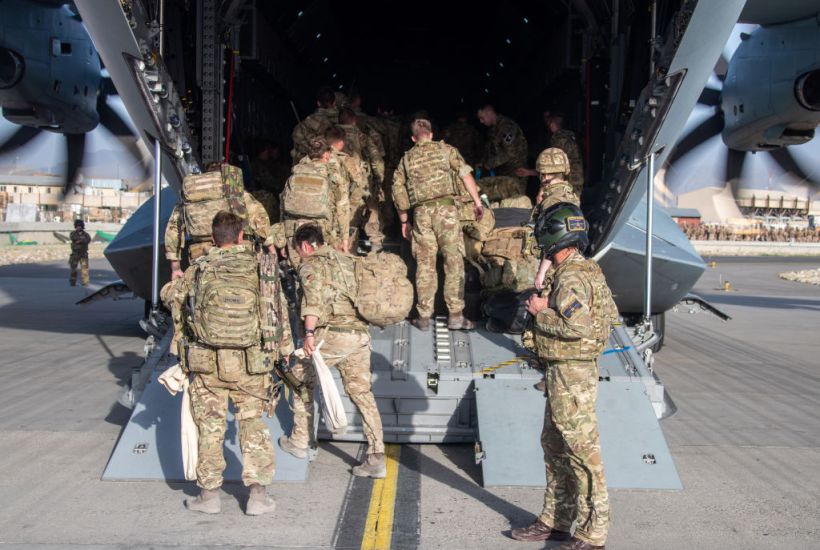The SAS blocked UK visas for Afghan special forces soldiers, perhaps fearing that they would be able to produce evidence incriminating the SAS in the shooting of unarmed civilians. That was the striking implication of a BBC Panorama investigation this week – with the Ministry of Defence confirming that it is undertaking a review of 2,000 cases where Afghan applications were blocked by the SAS.
Already a subscriber? Log in
Subscribe for just $2 a week
Try a month of The Spectator Australia absolutely free and without commitment. Not only that but – if you choose to continue – you’ll pay just $2 a week for your first year.
- Unlimited access to spectator.com.au and app
- The weekly edition on the Spectator Australia app
- Spectator podcasts and newsletters
- Full access to spectator.co.uk
Or




















Comments
Don't miss out
Join the conversation with other Spectator Australia readers. Subscribe to leave a comment.
SUBSCRIBEAlready a subscriber? Log in